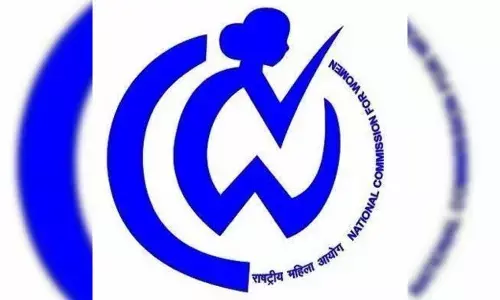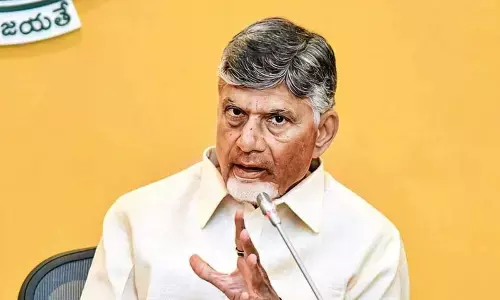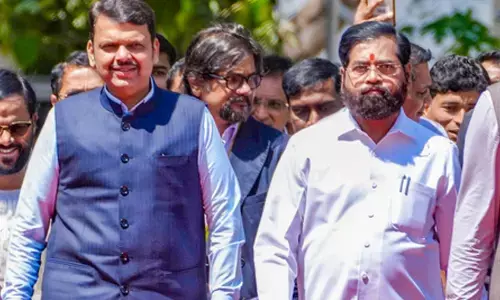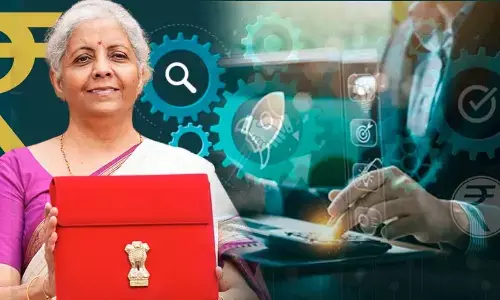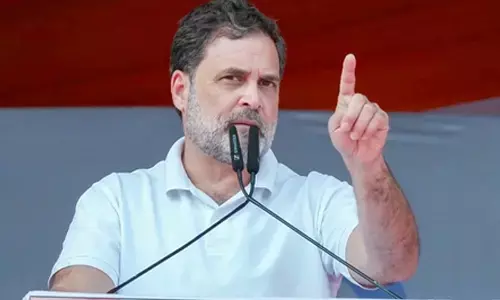Can backchannel diplomacy solve vexed Kashmir issue?
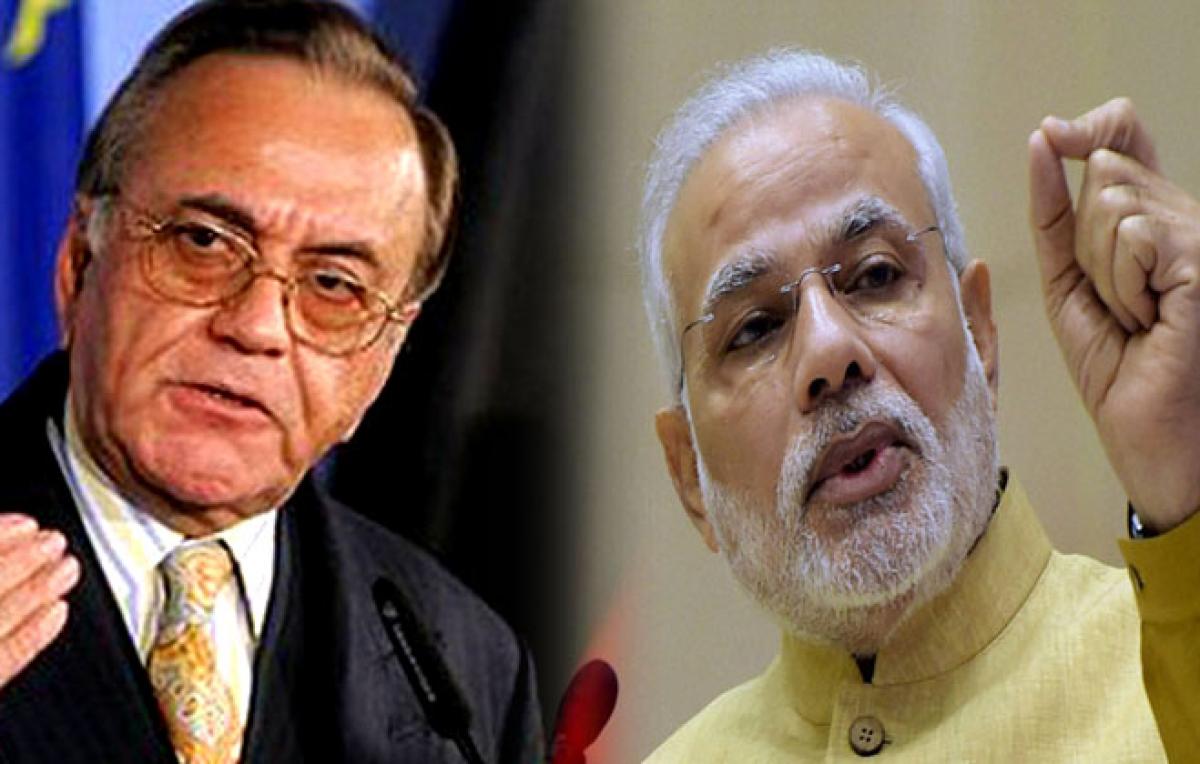
Can Backchannel Diplomacy Solve Vexed Kashmir Issue?. The only solution to the vexed issue of Kashmir is by adopting backchannel diplomacy, says former Pakistan foreign minister Khurshid Mahmud Kasuri.
New Delhi: The only solution to the vexed issue of Kashmir is by adopting backchannel diplomacy, says former Pakistan foreign minister Khurshid Mahmud Kasuri.
.jpg) "Indian Prime Minister Narendra Modi should appoint back channel negotiators instantly and shouldn't announce it in public. He should appoint people whom he can trust," Kasuri said ahead of the release of his book 'Neither a Hawk nor a Dove: An Insider's Account of Pakistan's Foreign Policy'.
"Indian Prime Minister Narendra Modi should appoint back channel negotiators instantly and shouldn't announce it in public. He should appoint people whom he can trust," Kasuri said ahead of the release of his book 'Neither a Hawk nor a Dove: An Insider's Account of Pakistan's Foreign Policy'.Kasuri, who served as Pakistan's foreign minister during General Pervez Musharraf's regime from 2002-2007, said a prospect of war would be catastrophic for both the countries.
"There has been lot of negative statements happening on both sides. We tried nine wars and have has near-war situations. If we keep repeating things, it would be catastrophic," he added.
Expressing hope that Modi would take the peace process forward, Kasuri said: "I would like Modi to make history, if he doesn't want to, that's his prerogative." Kasuri is a member of Pakistan Tehreek-e-Insaf party led by Imran Khan.
Significantly, the book reveals an insider's account of how India and Pakistan nearly clinched a deal on Kashmir through back channel dialogues during former Indian Prime Minister Manmohan Singh and Pakistan President Pervez Musharraf's time.
Referring to the recent war of words between the two countries at the UN General Assembly, Kasuri said that neither country can afford to have any more "Ufa moments".
India and Pakistan had issued a joint statement at the Shanghai Cooperation Organization summit in Ufa, Russia, held in July this year after a meeting between the two prime ministers. The leaders had agreed to keep Kashmir out of the statement, focussing on security level talks among the two national security advisers.
"How can they issue a joint statement by not mentioning Kashmir? This is a cardinal mistake. The proposed NSA level talks between the two countries didn't happen because of Ufa," Kasuri said.
To a question about India's grouse about Pakistan's failure to bring the perpetrators of the 26/11 Mumbai terror attacks to justice, Kasuri said that courts in Pakistan do not work in a vacuum.
"My answer is direct. Courts in Pakistan and India don't operate in a vacuum. Courts are not immune to what happens in the country. The judges are not deaf or blind. Lots of people get bail which the other side doesn't like. I think TV is the major cause of tension in both countries," he said.
Talking about the four-point formula on Kashmir, Kasuri said that it had been "painstakingly framed" over three years. The formula for Kashmir included ceasefire at the LoC, demilitarisation of Kashmiri cities, conduct of elections and self-governance and building of joint mechanisms between PoK and Jammu and Kashmir.
"The four points have been extensively elaborated in the book. In the process of the draft, I understood how self governance and Article 370 of the Indian Constitution is important for Indians and Kashmiris in Indian Administered Kashmir (IAK). I have spoken to many and it was a learning experience since nobody in Pakistan had an idea. Lot of them said that they don't want to split," he said.
He added that both the countries were very close to a deal on Sir Creek. "We had resolved many issues. Had Manmohan Singh visited Pakistan, we could have signed the deal. It could have generated lot of confidence. That would have shut up many doubting Thomases," he claimed.
He stressed that the Pakistan Army and its intelligence arm, ISI, were on board during the back channel talks with India.
The deal also envisaged that foreign ministers of both countries would meet annually, and the agreement would be reviewed after 15 years.
However, the deal did not materialise as Islamabad and New Delhi got embroiled in their own political uncertainties.
Next Story



